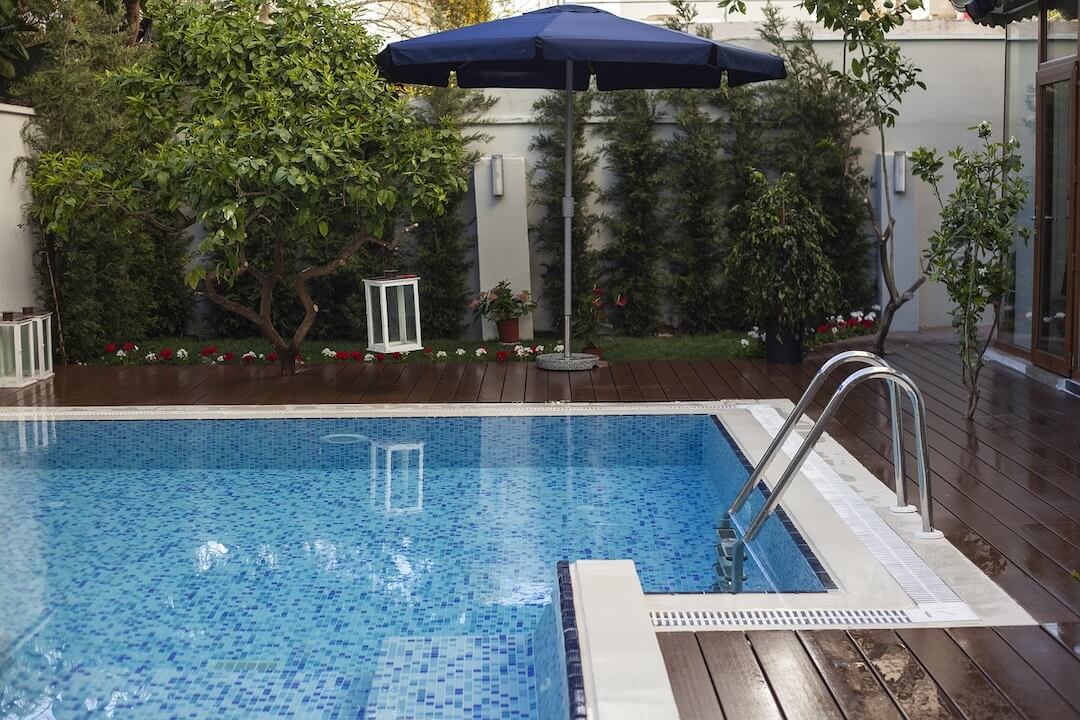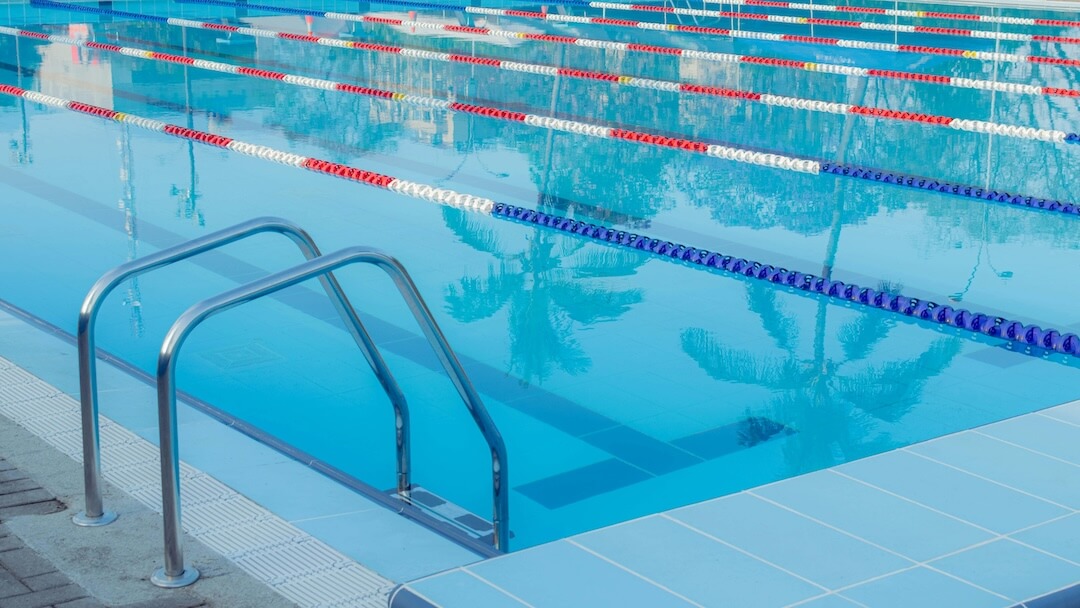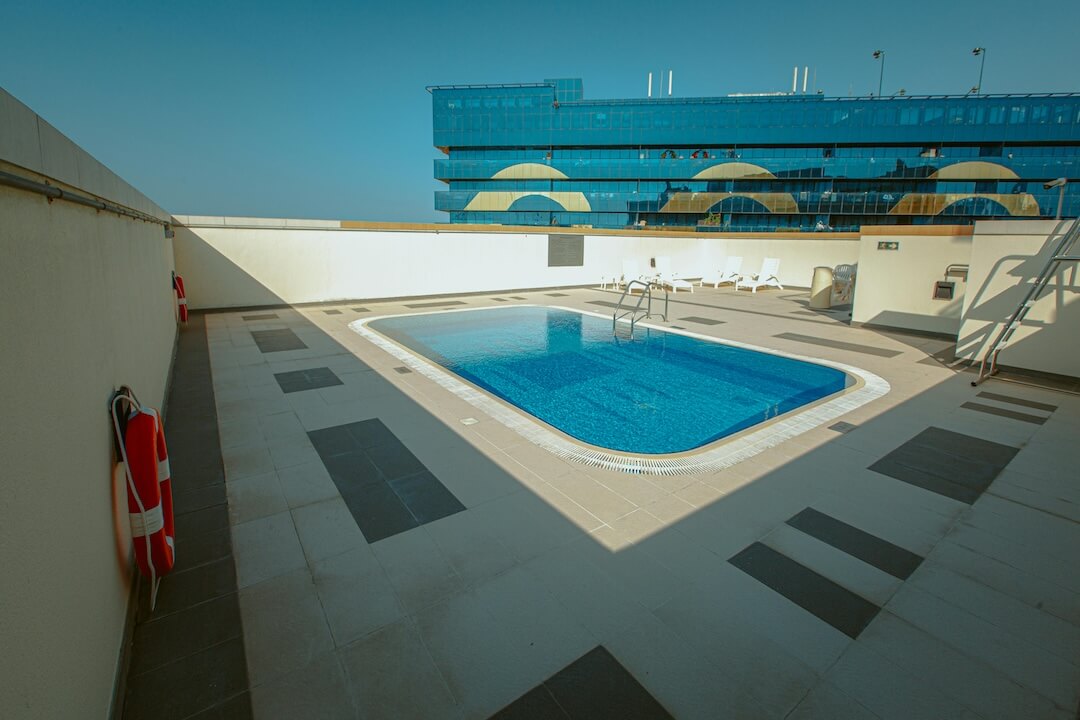How to Balance Pool pH Levels

How to Balance Pool pH Levels
Maintaining the correct pH level in your pool is essential for ensuring clean, safe, and balanced water. When pH levels are off, it can lead to issues such as cloudy water, algae growth, and even equipment damage. For residents of Miami Gardens, understanding how to properly balance your pool's pH is a vital part of ongoing pool care. In this article, our pool experts will guide you through the process, offering practical tips to help you achieve and maintain optimal pH levels for your backyard oasis.
Understanding Pool pH and Why It Matters
The pH level indicates how acidic or alkaline your pool water is, with a scale ranging from 0 to 14. A pH of 7.0 is considered neutral, meaning it’s neither acidic nor alkaline. For most pools, the ideal pH range is between 7.2 and 7.6. This range balances swimmer comfort, disinfectant effectiveness, and equipment longevity. When the pH is too low (below 7.2), water becomes acidic, which can irritate eyes and skin, and corrode pool equipment. Conversely, high pH levels (above 7.6) cause water to become alkaline, leading to cloudy water, scaling, and reduced chlorine effectiveness.
In Miami Gardens, where warm temperatures promote algae growth and increase chemical usage, maintaining proper pH is especially important. Proper pH balance helps ensure your pool water remains inviting and safe for swimmers, while also protecting your investment in pool equipment.
Testing Your Pool pH Levels
The first step in maintaining proper pH balance is regular testing. Pool water should be tested at least once a week, more frequently during hot weather or heavy use. You can use liquid test kits, test strips, or digital testing devices for accurate readings. When testing, ensure samples are taken from different parts of the pool to get an accurate picture of overall water chemistry.
Our pool specialists recommend keeping a log of test results to track changes over time. Consistent monitoring helps you identify trends and take timely action to correct pH imbalances. Remember, if your pool water appears cloudy, has a strange odor, or causes eye irritation, it’s a good idea to test the pH immediately.
How to Adjust Pool pH Levels
Adjusting pH levels involves adding chemicals designed to either raise or lower the water’s acidity. For pools in Miami Gardens, where extreme temperatures can accelerate pH fluctuations, understanding how to correctly adjust pH is key to maintaining balanced water.
If your pH is below 7.2, it’s time to raise it. The most common chemical used for this purpose is sodium carbonate, also known as pH increaser or soda ash. Follow the manufacturer’s instructions carefully, adding the chemical gradually while the pump runs to ensure even distribution. It’s best to add the chemical in the deep end of the pool and wait a few hours before retesting to assess the impact.
On the other hand, if the pH exceeds 7.6, it’s necessary to lower it. The typical chemical used is muriatic acid or sodium bisulfate. These acids are potent and should be handled with care—always wear protective gear and add the chemical slowly to avoid splashing or over-correction. Again, perform the addition in the deep end and wait a few hours before retesting.
For optimal results, always add chemicals in small increments, retesting after each adjustment until the desired pH range is achieved. This cautious approach prevents over-correction, saving you time and money in the long run.
Common Causes of pH Imbalance in Miami Gardens Pools
Several factors can contribute to pH fluctuations, especially in Miami Gardens’ warm climate. High temperatures increase evaporation rates, which can concentrate chemicals in the water and affect pH levels. Heavy swimmer use introduces oils, sweat, and other contaminants that can alter water chemistry. Additionally, rainstorms and runoff can introduce minerals and debris that interfere with pH stability.
Algae blooms, common in the warm climate, can also impact pH levels, as algae produce organic acids that lower pH. Regular testing and adjustments help counteract these influences, ensuring your pool remains balanced throughout the swimming season.
Importance of Professional Pool Maintenance in Miami Gardens
While regular DIY testing and chemical adjustments are essential, professional pool services provide an extra layer of assurance. Our experts in Miami Gardens offer comprehensive pool maintenance plans that include regular testing, chemical balancing, and equipment checks. Professional technicians have the experience to identify underlying issues that may cause pH instability, such as faulty filters or improper water circulation.
Working with pool specialists also means you can rely on high-quality chemicals and equipment designed for local conditions. Proper maintenance not only prolongs the life of your pool but also ensures it remains a safe and enjoyable environment for family and friends.
Tips for Maintaining pH Balance in Miami Gardens
Consistency is key to maintaining a healthy pool in Miami Gardens. Set a weekly schedule for testing and chemical adjustments, especially during the hot summer months when pH levels tend to fluctuate more rapidly. Keep a supply of quality chemicals on hand so you’re prepared for quick adjustments.
Ensure your pool’s filtration system is operating efficiently, as poor circulation can lead to uneven pH levels. Regular cleaning of filters and skimming debris from the surface help keep water chemistry stable. Encourage swimmers to rinse off before entering the pool to reduce contaminants that can affect pH.
Finally, consider scheduling periodic professional inspections. Our pool experts can evaluate your water chemistry and recommend tailored solutions to keep your pool balanced year-round. Proper care and proactive maintenance in Miami Gardens will help you enjoy crystal-clear water and extend the lifespan of your pool.
If you need assistance balancing your pool’s pH levels or want to establish a regular maintenance routine, do not hesitate to contact us. Our specialists are here to provide expert guidance and ensure your pool remains a safe, clean, and refreshing retreat for you and your family.



